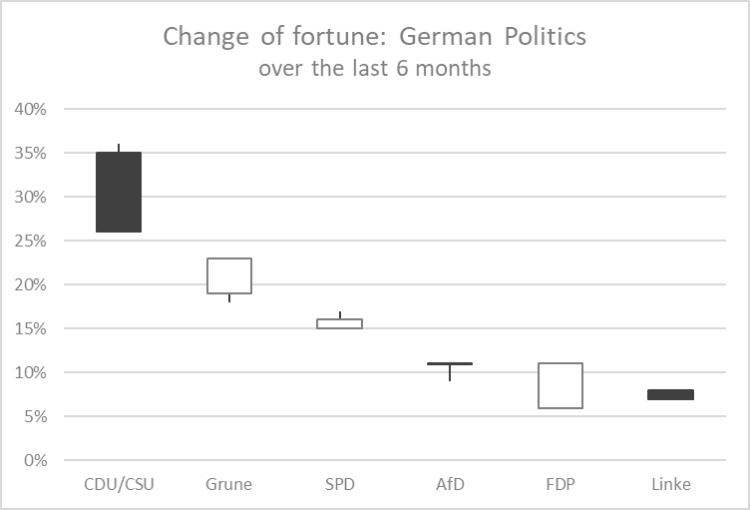Another note on proportional representation. We elect MPs for two purposes, to represent us in Parliament and to choose a Prime Minister.
Sometimes the best and most supported answer is a compromise of 2nd bests which only a Parliament can deliver. i.e. the former role is more important.
Opponents of PR, within the LP, have a vision of a Labour Govt., exercising the powers of the elective dictatorship, (presumably without the corruption) ruling on the basis of a minority plurality. This always ends badly.
As other’s have said, the UK’s system i.e. FPTP is little used in democracies, and truth be told, not used in Northern Ireland, Scotland, Wales or London.
PR may or may not benefit Labour or the progressives in the UK, but the UK is a ‘flawed democracy’ and something must change to ensure this kakistocracy is never repeated. …





